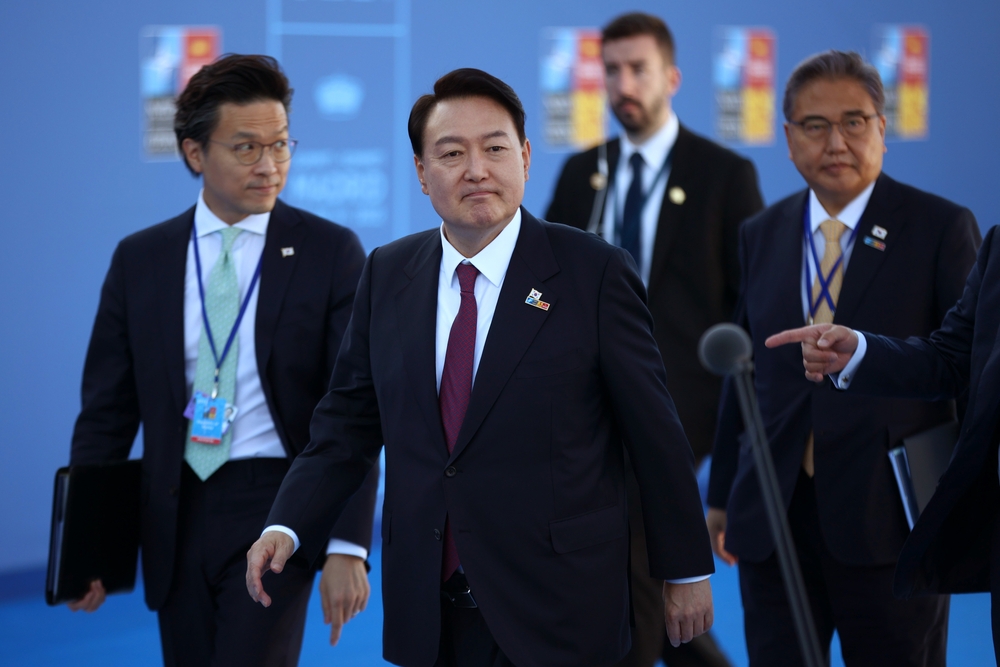South Korea’s political turmoil deepened on Tuesday as a court approved an arrest warrant for President Yoon Suk Yeol. This marks the first time in the country’s history that a sitting president has faced such a warrant. Yoon’s controversial declaration of martial law on December 3 triggered widespread protests, impeachment, and now legal proceedings that have left the nation in a state of crisis.
Arrest Warrant Approved Amid Martial Law Controversy
The Seoul Western District Court granted the warrant on charges of abuse of authority and orchestrating a rebellion, according to South Korea’s anti-corruption agency. Yoon had refused to cooperate with investigators after being summoned three times, prompting the Corruption Investigation Office (CIO) to escalate its actions.
Yoon’s lawyer, Yoon Kab-keun, denounced the warrant as “illegal and invalid,” citing procedural flaws and a lack of transparency in the investigation.
Shocking Allegations of Rebellion
New details have emerged about the night Yoon declared martial law. Prosecutors allege that Yoon ordered troops to break into the National Assembly, where lawmakers were voting to block his decree. According to a prosecution summary, Yoon instructed:
“Break down the doors and drag them out! Shoot the doors to break in and remove them.”
The military withdrew after lawmakers overturned the decree in a swift vote, but the night’s events sent shockwaves across the nation. Confiscated evidence—including cable ties, baseball bats, and blindfolds—allegedly reveals plans to detain opposition leaders and members of the National Election Commission.
Road to Impeachment
Yoon’s impeachment by South Korea’s parliament earlier this month stripped him of presidential powers, leaving Acting President Choi Sang-mok at the helm. The Constitutional Court has begun pretrial hearings to decide whether Yoon will be formally removed from office or reinstated.
The court faces complications, with three vacant seats on its nine-member bench. Acting President Choi has promised swift appointments to ensure the court can address the crisis.
Adding to the uncertainty, South Korea’s parliament voted to impeach Prime Minister Han Duck-soo last week, further destabilizing the government. Han was criticized for delaying the process of filling the court vacancies, exacerbating the political gridlock.
Aviation Disaster Compounds National Grief
The political crisis comes as South Korea mourns the victims of one of its deadliest aviation disasters in nearly 30 years. A Jeju Air flight carrying 175 passengers crash-landed on Sunday, leaving only two survivors. Acting President Choi now faces the dual challenge of managing a political upheaval and leading a nation in mourning.
South Korea is at a crossroads, grappling with political chaos, legal drama, and public outrage. As President Yoon faces legal proceedings and the Constitutional Court deliberates his fate, the country’s democracy hangs in the balance. The next steps taken by political leaders and the judiciary will shape South Korea’s future for years to come.


